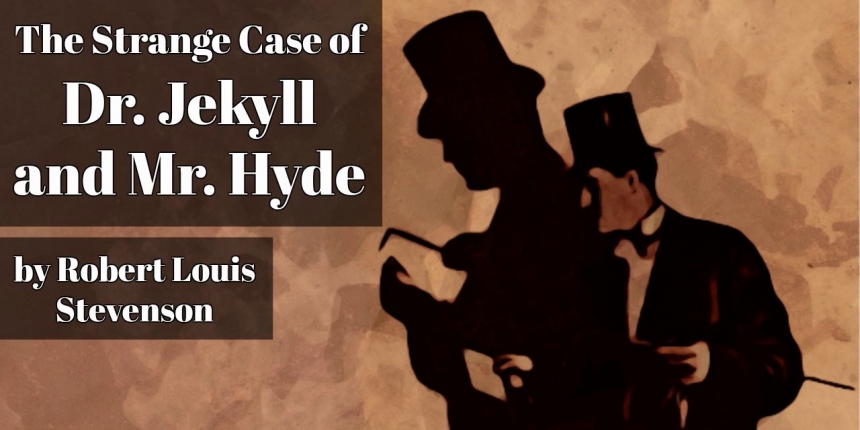Robert Louis Stevenson’s The Strange Case of Dr Jekyll and Mr Hyde is a classic novel which we should all read.
A pop culture misnomer, due to an influential film version of the novella, is that The Strange Case’s main theme is schizophrenia, where Dr Jekyll is portrayed having “multiple personality disorder”. In the novel however, Dr Jekyll is dealing with his inner desires which he is afraid to pursue in fear that someone would slander his name if recognised and be rejected from polite and respectable Victorian society. So he creates a substance that splits his good and evil personas apart, thus creating the mysterious and sinister Mr Hyde. The true beauty of the novel is the execution of it and the “slow burn effect” it uses. The ‘slow burn effect’ is a sequence of strange and often unrelated events that the reader goes through, which builds up the suspense for the climax where the secret is revealed and ties up all the loose ends of the story.
Robert Louis Stevenson masterfully crafted The Strange Case of Dr. Jekyll and Mr. Hyde to make the reader empathize with both the good Dr Jekyll, and the malevolent Mr Hyde as he allows the reader to feel that all humanity has the capacity to commit evil deeds scaling from tiny evils - for example bullying - to extremely reprehensible acts - like murder - and that we all are susceptible to this aspect of our human nature. Much like A Picture of Dorian Gray, Robert Louis Stevenson Warns us to not repress our evil desires but to be responsible for our actions, both good and evil, and to be content with both your desires and your moral standards knowing that you can never really hide your evil habits and deeds. The novella is therefore a social commentary on human nature where Stevenson conveys the message of this text that, “Humanity is commingled … out of good and evil”. An interesting factor of the text is that Mr Hyde lacks both a conscience and human empathy and sympathy those key things make us human; that is why Mr Hyde is said to be “deformed” but with no clear physical deformities. The deformation here is metaphorical: without a full soul, Hyde is really only as ‘human’ as a robot, or Frankenstein’s monster.
The Strange Case of Dr. Jekyll and Mr. Hyde is a novel I highly recommend due to its social commentary on being human. It is a story about the human conscience or lack thereof as Mr Hyde is the personification of a man without a moral compass and without a conscience, acting on his desires to fulfil his instinct alone. It still is a scary and enduring lesson for us 140 years after it was published.
Nathan Fanning
Year 10 Student

